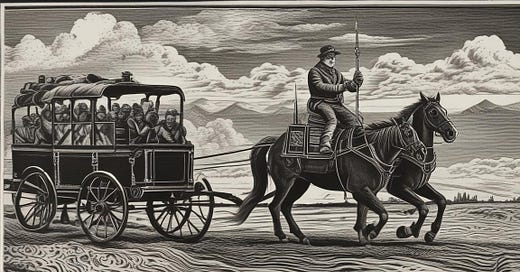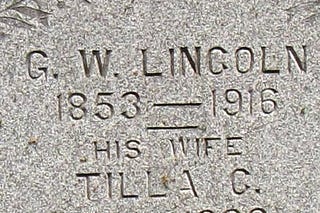NARA for U.S. lineage research
In June, I posted some resources for Colonial America research and NARA was later pointed out in the comments.
NARA stands for National Archives and Records Administration - it is sometimes simply referred to as the National Archives. As the name implies, it is the national archive for vital records in the United States. They have a physical location, and museum, in Washington, DC.
So what does NARA offer you as you’re researching your family?
Well, for one - free databases, including free access to Ancestry if you’re using a computer at their facility. Looking for Ellis Island records? Check this out.
Their site also offers downloadable forms to help you organize your research. Organization is very important. It’s how I ended up writing about my lineage work - it was my way of organizing it! I kept losing track of where I was and which resources or lines I had already gone over before I started tracking it all with footnotes.
They also hold a virtual genealogy fair every year, offer tutorials on how to find information, and a catalog of records they hold, including microfilm retrieval. Check out all they have to offer at the website.
They don’t have family trees in their archives, but they have all the records available (if they exist) to contruct them.
Another resource for Colonial era lineages is the DAR museum and library. The Daughters of the American Revolution (DAR) genealogy research system (GRS) utilizes digitized copies of family Bibles and other documentation that doesn’t get archived with the vital records. They are in the midst of a huge indexing initiative to further broaden the records from the Revolutionary period.
They have non-member access and tutorials on how to use it at the National Society’s website.
Subscribe to GenTales
Lineage and genealogy research










